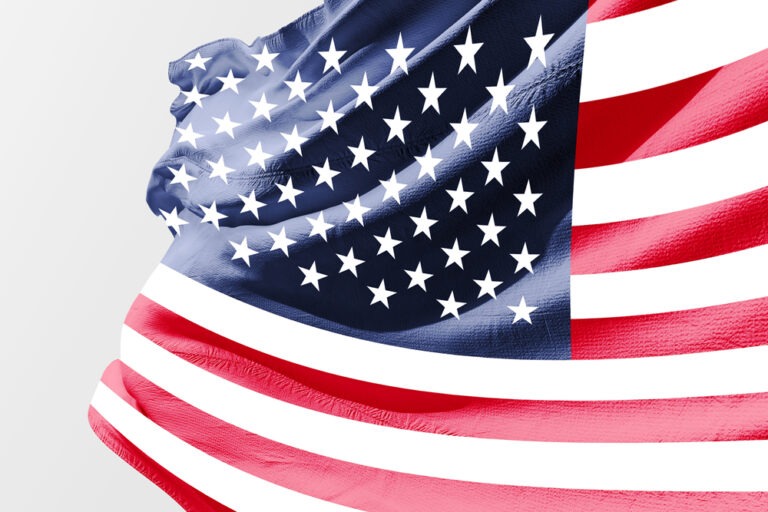THE QUICK AND DIRTY
The official name is “Veterans Day,” but “Veterans’ Day” is also grammatically correct.
In the United States, we’re celebrating Veterans Day next week. It’s a holiday commemorating the end of World War I in 1918, but the name of the holiday brings up a common question: Do we need an apostrophe in the word “Veterans”?
The short answer is no, because the U.S. government gave the holiday its official name, and they chose to write it without the apostrophe; but today, we’ll explore why it’s grammatically correct with or without an apostrophe.
3 ways to write ‘Veterans Day’: two right, one wrong
Since many people are confused, you’ve probably seen “Veterans Day” written three different ways:
- The right way: Veterans Day
- Another potentially right way: Veterans’ Day
- The wrong way: Veteran’s Day
Avoid the singular possessive
Let’s address the wrong way first. If you put the apostrophe before the final S in “Veterans,” you’re making the singular word “Veteran” possessive. You’re saying it is the day of a single veteran or a day to celebrate a single veteran, and that’s clearly wrong. It’s a day for all veterans.
“Veterans Day” isn’t the only place you see this problem. You often see things like “writer’s strike,” “homeowner’s association” and “farmer’s market” written with an apostrophe-S at the end, and they’re wrong. All these phrases refer to groups—writers, homeowners, and farmers—they are not describing the strike, association, or market of a single person.
You have to be careful, though, because sometime it is correct to use the singular with an apostrophe-S.
For example, the Guardian Style Guide points out that you do use the singular form for phrases such as “writer’s cramp” and “butcher’s knife.” It’s the cramp of one writer and the knife of one butcher. When in doubt, check a good dictionary; it will often give you the correct spelling of these kinds of phrases.
An apostrophe makes a plural possessive
But it gets trickier with the remaining two choices. If you put an apostrophe at the end of the word “Veterans,” you’re making the plural possessive. You’re saying it is the day of the Veterans—the day that belongs to the Veterans—and that’s true, at least at some level.
Further, the possessive case is also called the genitive case, and its use isn’t limited strictly to possession in the “I own this car” kind of way. It can be used to show other kinds of relationships. For example, if I say “George is Juan’s brother,” “Juan’s” has an apostrophe-S on the end, but I’m not implying that Juan owns George. I’m simply using the genitive case to describe a family relationship.
So you if you want to use the apostrophe, you don’t have to go so far as to say that the day belongs to veterans. It’s simply the genitive case, and using “Veterans’” with an apostrophe at the end is certainly a legitimate way to describe Veterans Day.
No apostrophe makes ‘Veterans’ an adjective
If you don’t put an apostrophe at the end of “Veterans,” you’re using the word as an adjective that modifies “Day.” Just as in the phrase “tree farm,” the word “tree” tells you what kind of farm I’m talking about, and in the phrase “airport novel,” “airport” tells you that this is the kind of book that is especially popular in airport bookstores, “Veterans” tells you what kind of day I’m talking about in the phrase “Veterans Day.”
So “Veterans Day” with no apostrophe is another grammatically correct way to describe it, and is, in fact, the official name of the holiday.
Nouns used as adjectives like this are sometimes called attributives.
Capitalizing holiday names
Finally, “Veterans Day” is capitalized because it is the name of a holiday, which makes it a proper noun. We capitalize the names of proper nouns and all official holidays in English.
Painted Flag Art image, Stuart Seeger at Flickr. CC BY 2.0




